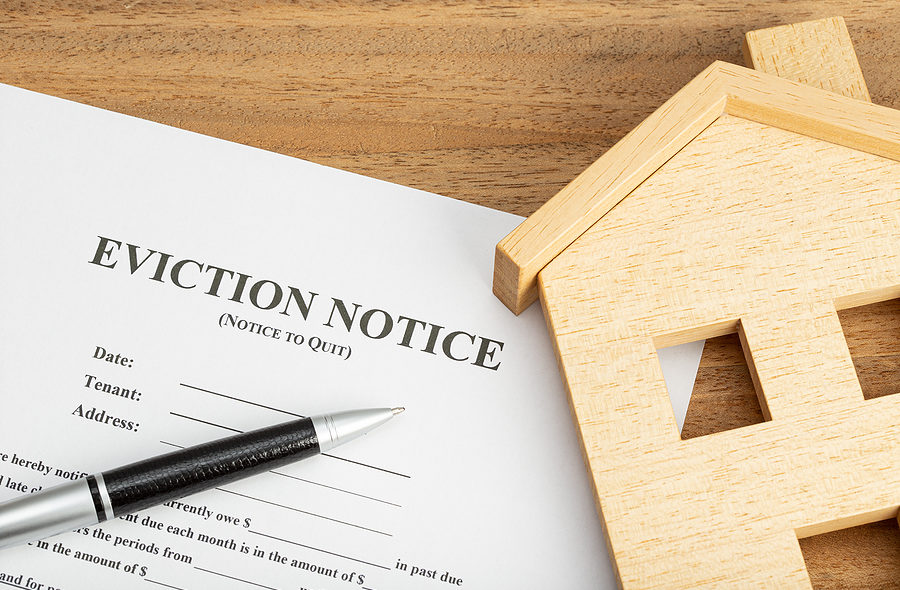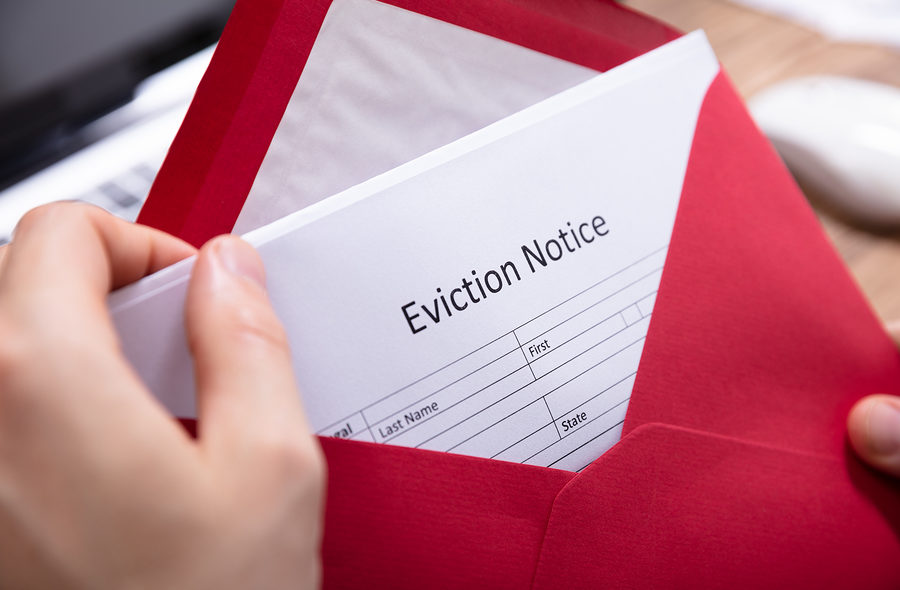A recent article in the New York Times provided an in depth look at the eviction crisis occurring in America. Nearly one million American households received eviction judgments in 2016 in new data spanning dozens of states. Two years prior, sociologist Matthew Desmond turned the topic of eviction into a national one with his book, ‘Evicted,’ which chronicled how poor families who lost their homes in Milwaukee sank even further into poverty. This problem is not just in Milwaukee, eviction judgment rates for renting households is widespread.
Desmond’s team found records for nearly 900,000 eviction judgments in 2016. Landlords were given the legal right to remove at least one in 50 renter households in the communities covered by this data. And one in five renter households in Richmond, Va., which has one of the highest eviction rates, were threatened with eviction in 2016. Their landlords began legal proceedings, even if those cases did not end with a lasting mark on a tenant’s record.
Most of those evicted never made it to the courtroom. Some did not appear because their problem seemed hopeless; others did not show because they had no legal representation. The median amount owed was $686. These cases, sometimes brought in bulk by property managers are settled in minutes when defendants are not present.
Eviction is not just one problem; it often spirals into a number of problems. Medicaid benefits and food stamps are forfeited by families who often need them the most after losing the permanent addresses where the renewal notices are sent.
To make matters worse, states like Virginia, that have some of the highest rates of eviction lack certain tenant rights available in other states. In areas like Richmond, Va., many poor African-Americans live in low quality housing projects with no means of escaping it. Many times these individuals are just a car repair or hospital visit away from missing a rent payment.
The process of what happens after the eviction is not any better. The current court process functions as an arduous rent-collection system, one that attaches attorney fees and court costs to rent checks, and one that saddles even tenants who do not lose their homes with lasting eviction marks on their credit reports. It oftentimes takes years for families to stabilize after this.
Another downside, the underprivileged tenants are not ensured access to legal aid or protected from steep rent increases, as in some cities and they have no rights to deduct their own repair costs from the rent. The median amount owed on a public housing eviction was $328, according to Desmond’s data. The public housing authority, spends on average 50 days turning over the apartments, costing the agency more in lost rent than the unpaid rent cases are often worth.
Click here to read more on this story.
Choosing the right attorney can make the difference between whether or not you can keep your home. A well-qualified Miami foreclosure defense attorney will not only help you keep your home, but they will be able to negotiate a loan that has payments you can afford. Miami foreclosure defense attorney Timothy Kingcade has helped many facing foreclosure alleviate their stress by letting them stay in their homes for at least another year, allowing them to re-organize their lives. If you have any questions on the topic of foreclosure please feel free to contact me at (305) 285-9100. You can also find useful consumer information on the Kingcade Garcia McMaken website at www.miamibankruptcy.com.



